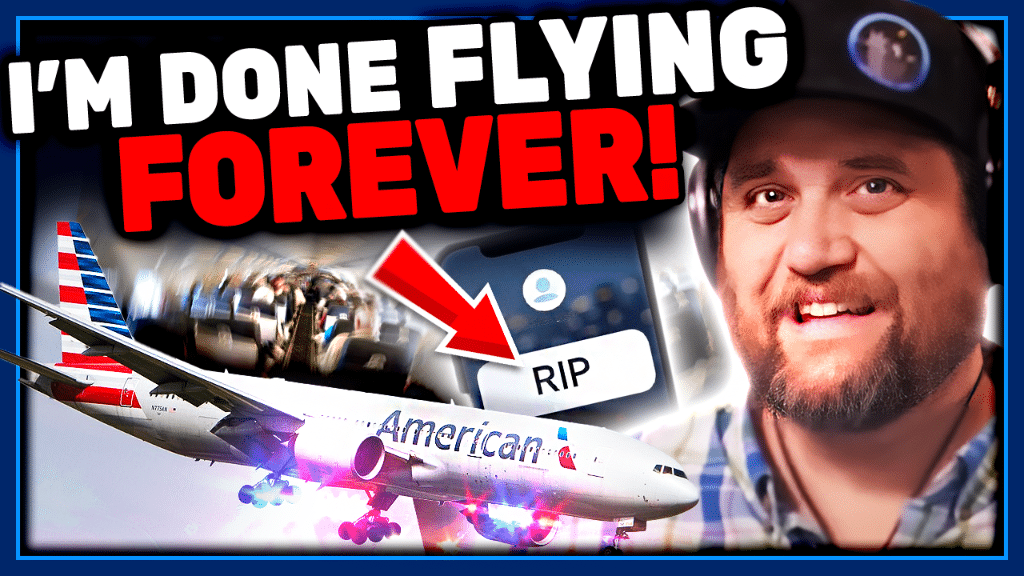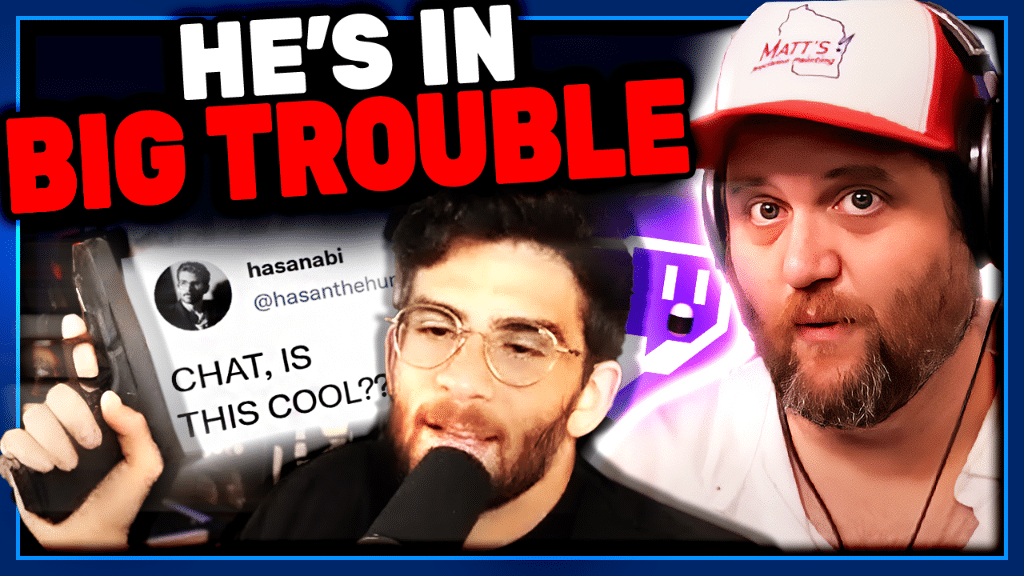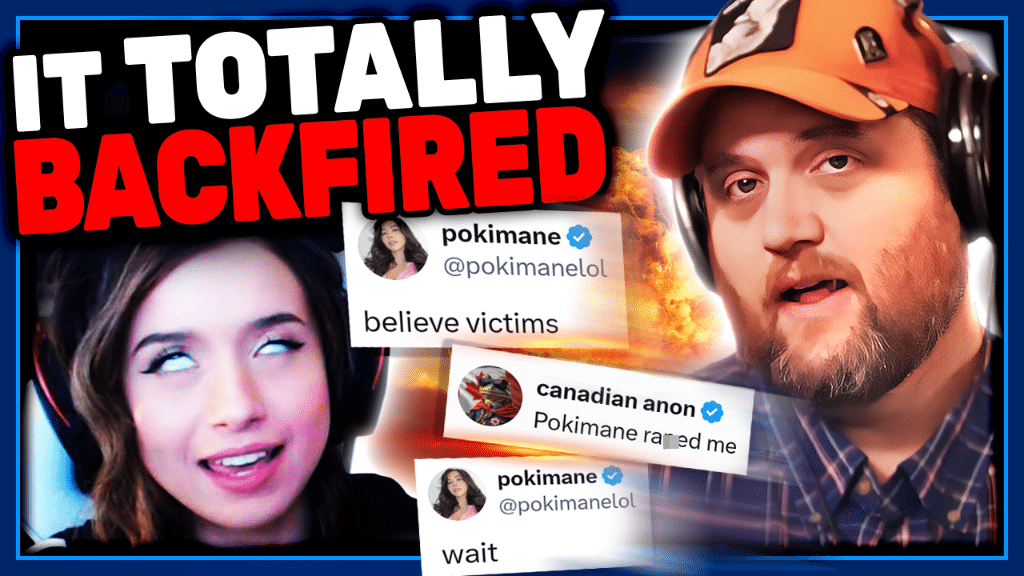Before Elon Musk made her one of his most powerful lieutenants at Twitter, Ella Irwin spent four years at Amazon, where her intensity inspired both respect and terror. The pressure was ceaseless; her emails landed at all hours. “She made me cry my first week,” a former employee told The Daily Beast. One space in the office became known as the “cry room.”
It wasn’t all on Irwin. Under Jeff Bezos, Amazon’s culture was notoriously brutal. But her personality seemed like an ideal fit.
“I have not had a director as smart or cutthroat as Ella,” recalled another employee, who praised her attention to detail. “I have never learned more… I think sometimes she just missed a human piece of how to treat people.”
As head of trust and safety, Irwin’s responsibilities include mitigating harmful content like hate speech, weighing in on account bans and suspensions, and sometimes serving as the platform’s de facto spokesperson. She helms the product, policy and operations teams tasked with keeping users safe from fraud and abuse, and also helps to resolve user issues. Adding to the challenge: Musk has decimated Twitter’s headcount, including content moderators and human rights experts, and eliminated its advisory trust and safety council.
Some of Irwin’s former subordinates described her as acutely hierarchical and therefore unlikely to push back against Musk. Already, however, she and her boss have fallen out of lockstep—though perhaps as the result of dysfunctional communication rather than principled disagreement.
Two days before Christmas, after Reuters published a story on the disappearance of Twitter’s #ThereIsHelp suicide prevention feature—which insiders told the outlet was removed at Musk’s behest—Irwin gave the publication a statement confirming it had been deactivated. The feature was “temporarily removed” while Twitter was “fixing and revamping our prompts,” she said. But, as Ars Technica pointed out, Musk appeared to contradict his deputy the next day, tweeting in response to Reuters: “False, it is still there.” He fired off another tweet calling the report “fake news” and declaring, “Twitter doesn’t prevent suicide.”
“Elon did ask the team to remove and fix the many broken prompts that were impacting user experience and mirror Google’s approach in terms of the prompts that we display,” she added. “He did not catalog the prompts or point out specific ones, such as the suicide prompt to remove other than to show us a few examples of ones that were broken or outdated.”
And she disagreed with the suggestion by former colleagues that she was unlikely to challenge Musk. “You can’t work in this space without having a backbone,” she told us, adding, “If you have seen Elon’s direction to his teams it includes the fact that he expects you to correct him or tell him if he is wrong (not just blindly follow direction). I actually try to only hire and retain employees that have the ability to push back successfully and have a backbone as well.”













